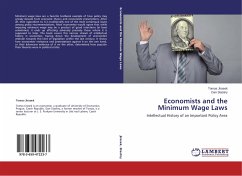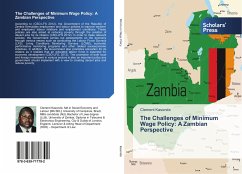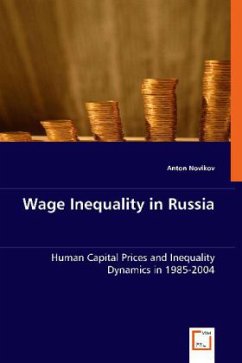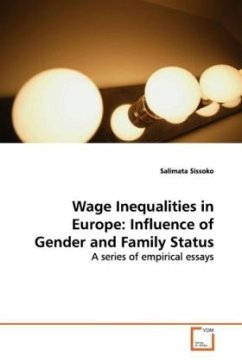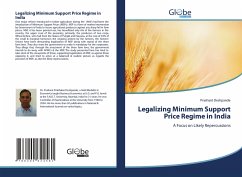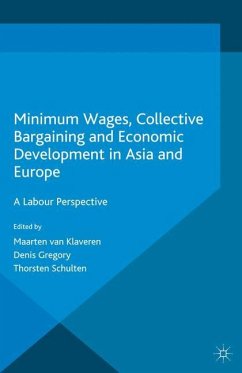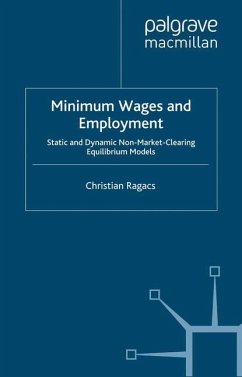
MINIMUM WAGE IN BRAZIL
THE EFFECT OF THE MINIMUM WAGE ON WAGES, EMPLOYMENT AND PRICES IN BRAZIL
Versandkostenfrei!
Versandfertig in 6-10 Tagen
52,99 €
inkl. MwSt.

PAYBACK Punkte
26 °P sammeln!
The international literature on minimum wage greatly lacks empirical evidence from developing countries. Brazil s minimum wage policy is a distinctive and central feature of the economy. Not only are minimum wage increases large and frequent but also they have been used as anti-inflation policy, in addition to social policy. This study estimates the effects of the minimum wage on wages, employment and prices using panel data techniques and monthly household data from 1982 to 2000. Robust results indicate that minimum wage increases strongly compress the wage distribution, has moderately small ...
The international literature on minimum wage greatly lacks empirical evidence from developing countries. Brazil s minimum wage policy is a distinctive and central feature of the economy. Not only are minimum wage increases large and frequent but also they have been used as anti-inflation policy, in addition to social policy. This study estimates the effects of the minimum wage on wages, employment and prices using panel data techniques and monthly household data from 1982 to 2000. Robust results indicate that minimum wage increases strongly compress the wage distribution, has moderately small adverse effects on employment, and raises overall prices in Brazil. This evidence is consistent with a rapid wage-price spiral and an inelastic labour demand curve. On the one hand, the compression effect vanishes away because of the wage-price spiral that follows. On the other hand, employment effects are small because firms anticipate the spiral and do not adjust employment to avoid incurring adjustment costs. In summary, the minimum wage temporarily increases the wages of low paid workers, does not destroy too many jobs and causes some price inflation in Brazil.



